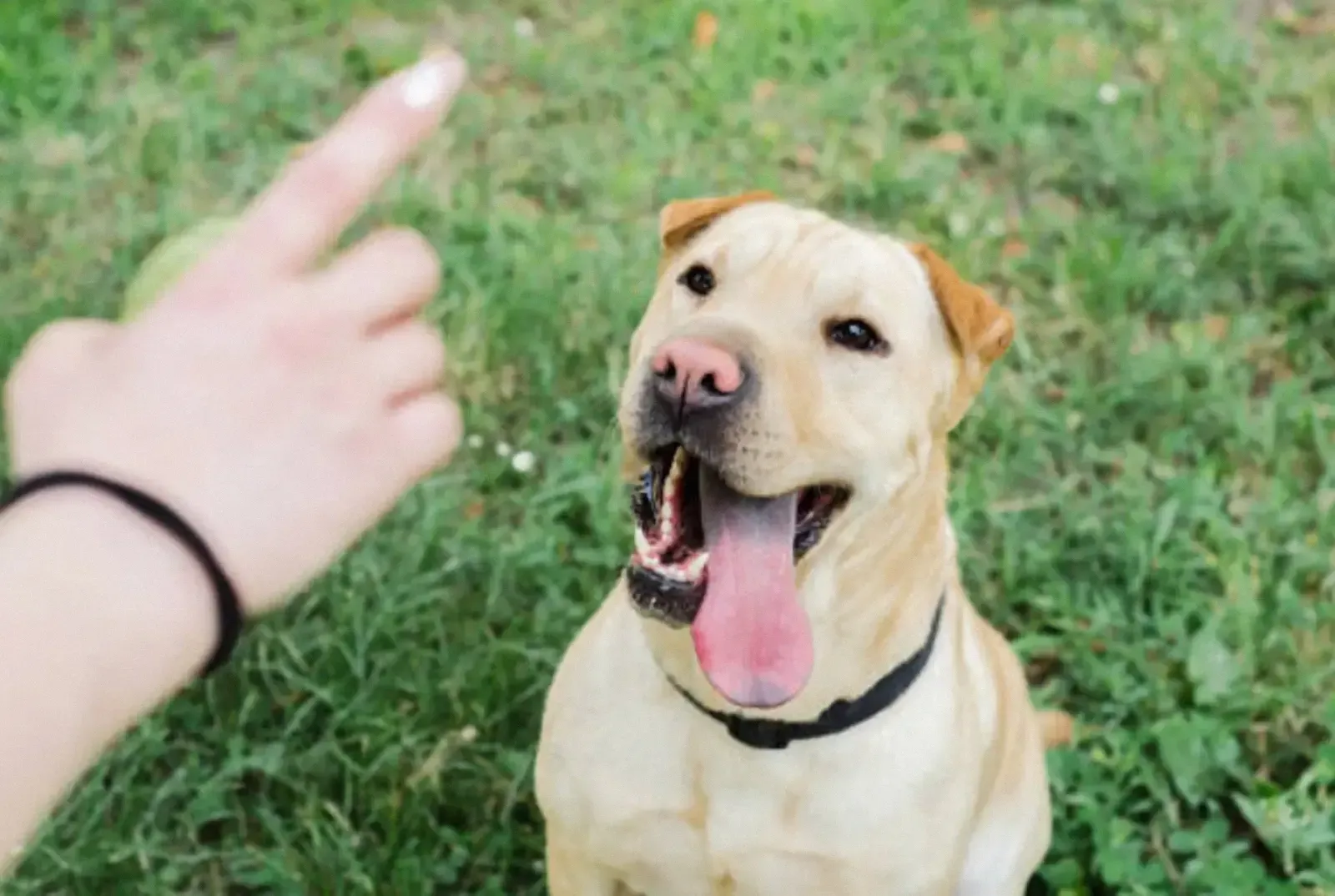Training is not working?
Dog behaviour is more than just a training issues.

Have you ever noticed the conversations about dog trainers, with people discussing how one trainer differs from another? While each trainer may have their own methods and style, there is one constant in every dog's life, regardless of how many trainers they encounter—the dog owner.
Dog owners play the most critical role in shaping their dog's behaviour. While factors like genetics, breed, socialisation, and training are important, it is ultimately the actions, decisions, and environment created by the owner that have the most profound and lasting impact on a dog's behaviour.
A primary way owners influence their dogs is through their own behaviour and consistency. Dogs are highly perceptive creatures that respond to their owners’ emotions, routines, and interactions. An owner who remains calm, confident, and provides clear guidance will generally see these traits reflected in their dog. Conversely, dogs with anxious or inconsistent owners often develop nervous or unpredictable behaviours. Clear expectations and consistent boundaries are essential, and these must come directly from the owner.
Training is another crucial factor that underscores the importance of the owner’s role. Whether a dog is trained by a professional or at home, the owner’s involvement does not end when the trainer leaves. The success of any training programme relies on the owner’s consistency in reinforcing the lessons learnt. Owners who invest the time and effort to maintain training principles see far better results than those who depend solely on the trainer.
Exercise is equally vital in shaping a dog's behaviour. Dogs that do not receive adequate physical activity can become restless, anxious, or even destructive. Regular exercise helps dogs release excess energy and contributes to their overall mental well-being. The responsibility of ensuring a dog receives the appropriate amount of exercise—tailored to the breed, age, and energy level—rests with the owner. Whether through long walks, playtime, or more structured activities like agility training, it is the owner’s commitment to exercise that directly affects their dog’s behaviour.
In addition to physical activity, mental stimulation is critical. Dogs, like humans, need mental challenges to stay engaged and prevent boredom, which can manifest in unwanted behaviours such as excessive barking, chewing, or digging. Providing interactive toys, puzzle games, and regular training exercises helps keep a dog mentally active. Owners play a pivotal role in ensuring that their dog’s mind is as engaged as their body.
Regular professional dog grooming also has a significant impact on a dog's behaviour. Dogs that are groomed professionally on a consistent basis become more accustomed to being handled by different people, which improves their socialisation and tolerance for human touch. This exposure is particularly important for managing a dog's comfort with grooming and handling in general. In contrast, dogs that are not groomed regularly may become more reactive to touch or develop behavioural issues related to discomfort. Again, it is the owner’s responsibility to ensure these experiences are part of the dog’s routine.
The importance of a balanced diet should not be underestimated. A dog's health, energy levels, and overall temperament are closely linked to the quality of their diet. Providing a nutrient-rich, balanced diet helps maintain physical and mental well-being, which in turn positively influences behaviour. On the other hand, poor nutrition can lead to hyperactivity, lethargy, or irritability. Owners must take the necessary steps to ensure their dog is well-nourished and receiving appropriate food for their specific needs.
Gut health is another vital aspect of a dog’s overall well-being that directly affects behaviour. A healthy digestive system supports not only physical health but also emotional balance. When a dog suffers from poor gut health—often indicated by bouts of loose stool or diarrhoea—it can lead to discomfort and irritation. This can result in behavioural changes such as restlessness, irritability, or even anxiety due to the constant discomfort caused by an upset stomach. Owners who take proactive steps to address their dog’s gut health, whether through diet, probiotics, or veterinary care, will likely see improvements not only in their dog’s physical health but also in their behaviour. Healthy digestion and regular, firm stools are signs that a dog is feeling good inside, which translates to better behaviour overall.
While genetics and breed do influence a dog's natural instincts and temperament, it is the owner who has the ability to shape how these traits are expressed. Certain breeds may be predisposed to guarding or herding behaviours, while others may be more sociable. However, through proper training and socialisation, owners can guide these natural tendencies to fit within their expectations and lifestyle.
Socialisation is another critical aspect of a dog’s behavioural development. A well-socialised dog is comfortable in a variety of environments and with different people and animals. While a dog’s natural inclination towards socialisation may vary, it is the owner’s responsibility to ensure that their dog is exposed to positive interactions early on, reinforcing good behaviour in diverse situations.
The home environment also plays a crucial role in shaping a dog's behaviour. A stressful or chaotic household can lead to anxiety or nervousness in dogs, while a calm and structured environment promotes relaxation and confidence. Dogs thrive on routine, and the daily structure their owners provide—from feeding times to walks and play—helps create a sense of security.
Regular veterinary care is another essential factor influencing a dog’s behaviour. Health issues can lead to behavioural changes, such as irritability or anxiety. By ensuring that their dog receives regular check-ups, vaccinations, and preventive care, owners can address potential health problems before they negatively impact the dog's well-being and behaviour.
In conclusion, while various factors—such as genetics, training, exercise, grooming, gut health, and diet—play a role in influencing a dog’s behaviour, it is the dog owner who is the most significant force in shaping their pet’s conduct. Owners who take proactive steps to provide consistent training, regular grooming, proper exercise, a balanced diet, and care for gut health will see the benefits of a well-behaved, healthy, and happy dog. The relationship between an owner and their dog is a reflection of the time, care, and commitment invested, making the owner the defining factor in their dog's overall behaviour.










